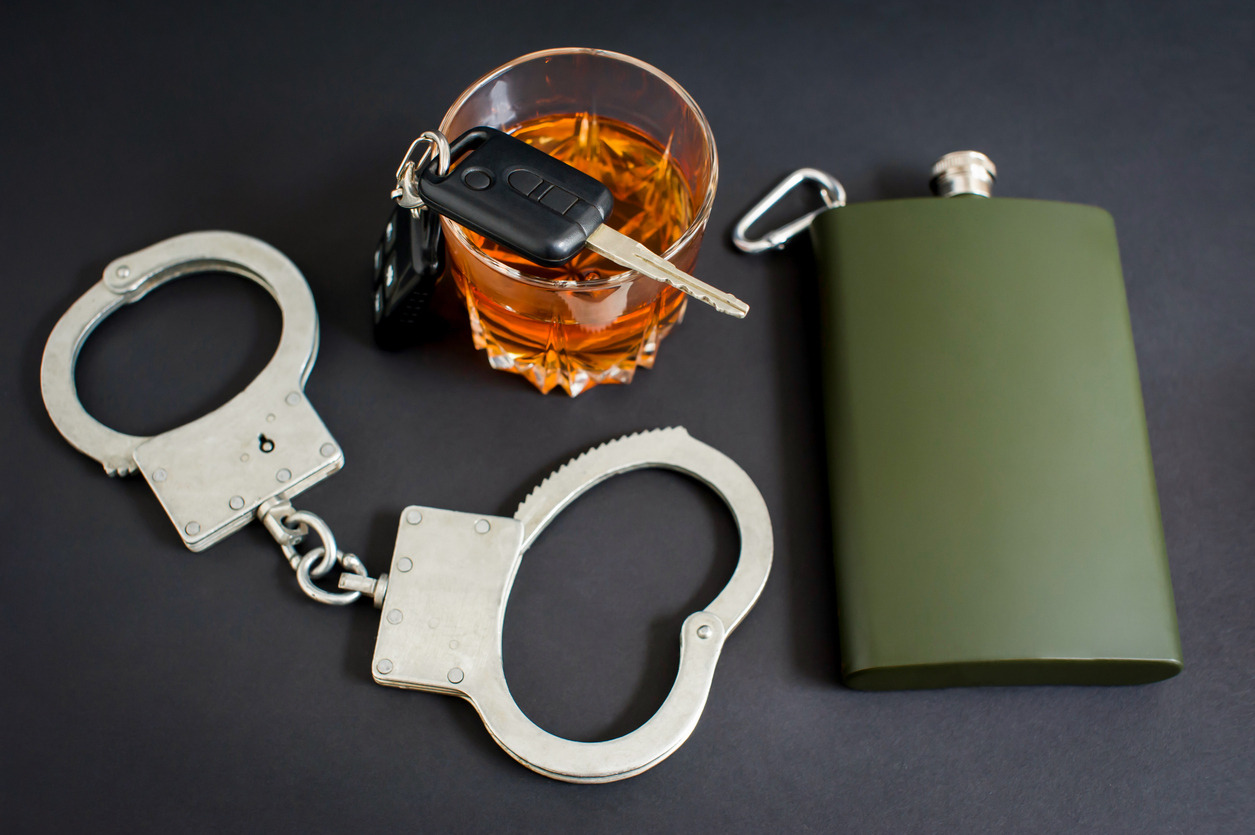Most people charged with a DUI in Washington, D.C. assume their case will be treated like a standard first offense; something that can be negotiated, reduced, or resolved without jail time. But D.C.’s DUI laws are far more aggressive than many expect, especially when certain “enhancing factors” are involved. These enhancements trigger mandatory minimum penalties, meaning the judge has no discretion to go lower, even if you have no criminal history.
For drivers who suddenly find themselves facing an enhanced DUI charge, the consequences can be shocking and life-changing. Understanding what triggers these penalties, how prosecutors use them, and what defenses may be available is critical.
At Lotze Mosley, our criminal defense attorney has extensive experience defending clients in D.C.’s complex DUI system and navigating the harsh enhancements that apply when aggravating circumstances are alleged.
What Makes a DUI “Enhanced” in Washington, D.C.?
D.C. enforcement agencies and prosecutors aggressively pursue enhanced DUI charges because they are tied to higher public-safety risks. An “enhanced” DUI isn’t a separate offense. It’s a standard DUI with added factors that dramatically increase the penalty.
Enhancements may apply when:
- A driver’s blood alcohol content (BAC) is excessively high (0.20% or above).
- A child or minor is in the vehicle at the time of the arrest.
- There is an accident with property damage, injuries, or risk to pedestrians.
- The driver refuses chemical testing, triggering additional consequences.
Even without prior DUI convictions, these enhancements can elevate penalties to mandatory jail time.
The Harsh Reality: D.C.’s Mandatory Minimums
Many defendants are stunned to learn that prosecutors do not need to prove “intent” for enhanced DUI penalties. The enhancement is automatically applied when certain conditions are met.
Some of the most common mandatory minimums include:
- BAC of 0.20–0.25: Mandatory jail time, even for a first offense.
- BAC over 0.25: Longer mandatory jail time.
- BAC over 0.30: Significantly elevated minimums that cannot be waived.
- Child passenger enhancements: Added jail time on top of the standard penalty.
These penalties apply regardless of your career, your clean record, or the circumstances leading to the stop. This is where many drivers miscalculate. They assume a judge will “go easy” on a first-time offender. Under D.C. law, the judge cannot.
Why These Enhancements Are So Easy for Prosecutors to Pursue
D.C. DUI prosecution is highly systemized. Police departments rely heavily on breath test machines, blood tests, and body-worn camera footage, which gives prosecutors a strong starting point in enhanced cases.
Enhancements tend to be easier to prove because:
- BAC results are automatically admissible unless successfully challenged.
- Body-worn camera footage captures slurred speech, balance issues, field sobriety test interactions, and refusal warnings.
- Chemical test refusals trigger enhancements regardless of BAC.
- Child passenger evidence is straightforward when the child is present.
The ease with which enhancements can be proved is a significant reason defendants are blindsided. Enhancements are often supported by objective evidence rather than subjective officer judgment.
The Hidden Consequences Most Drivers Don’t Expect
The mandatory jail time is only part of the problem.
Enhanced DUI cases in D.C. also lead to consequences many defendants don’t anticipate, including:
- Severe license suspensions, sometimes long enough to affect employment.
- Ignition interlock requirements that last well beyond court sentencing.
- Significant fines and court-ordered treatment programs.
- Long-term insurance increases or drops coverage.
- Employment complications, especially for federal employees, contractors, military members, healthcare workers, and anyone holding a clearance.
For many people, the mandatory minimum jail time is just the beginning of a much longer impact.
Defending an Enhanced DUI Requires Immediate Action
Enhanced DUIs can be defended, but only if evidence is preserved and challenged early.
Key defenses may include:
- Challenging the accuracy of breath or blood testing, including machine maintenance, calibration, and officer certification.
- Reviewing body-camera footage for procedural errors or improper administration of field sobriety tests.
- Identifying flaws in the initial traffic stop, roadside detention, or arrest procedure.
- Disputing BAC results when alcohol absorption rates, medication interactions, or medical conditions may have distorted readings.
- Arguing lack of proof for the alleged enhancement (for example, disputing whether the defendant knowingly transported a minor).
These cases demand experienced DUI defense counsel, not general criminal defense representation.
Charged With an Enhanced DUI in D.C.? Lotze Mosley Can Help.
Enhanced DUI cases carry consequences far beyond what most drivers realize, including jail time that judges cannot reduce or waive. If you were arrested for DUI with a high BAC, a child in the car, an accident, or a chemical test refusal, you need a defense team that knows how to attack these enhancements from the start.
Lotze Mosley has significant experience handling enhanced DUI charges in D.C. and understands how prosecutors pursue, and sometimes overreach, in these cases.
If you’re facing an enhanced DUI allegation, contact us immediately. Early legal intervention can make all the difference in protecting your record, your freedom, and your future. Contact our Washington, D.C. DUI defense attorney today for a confidential consultation.









